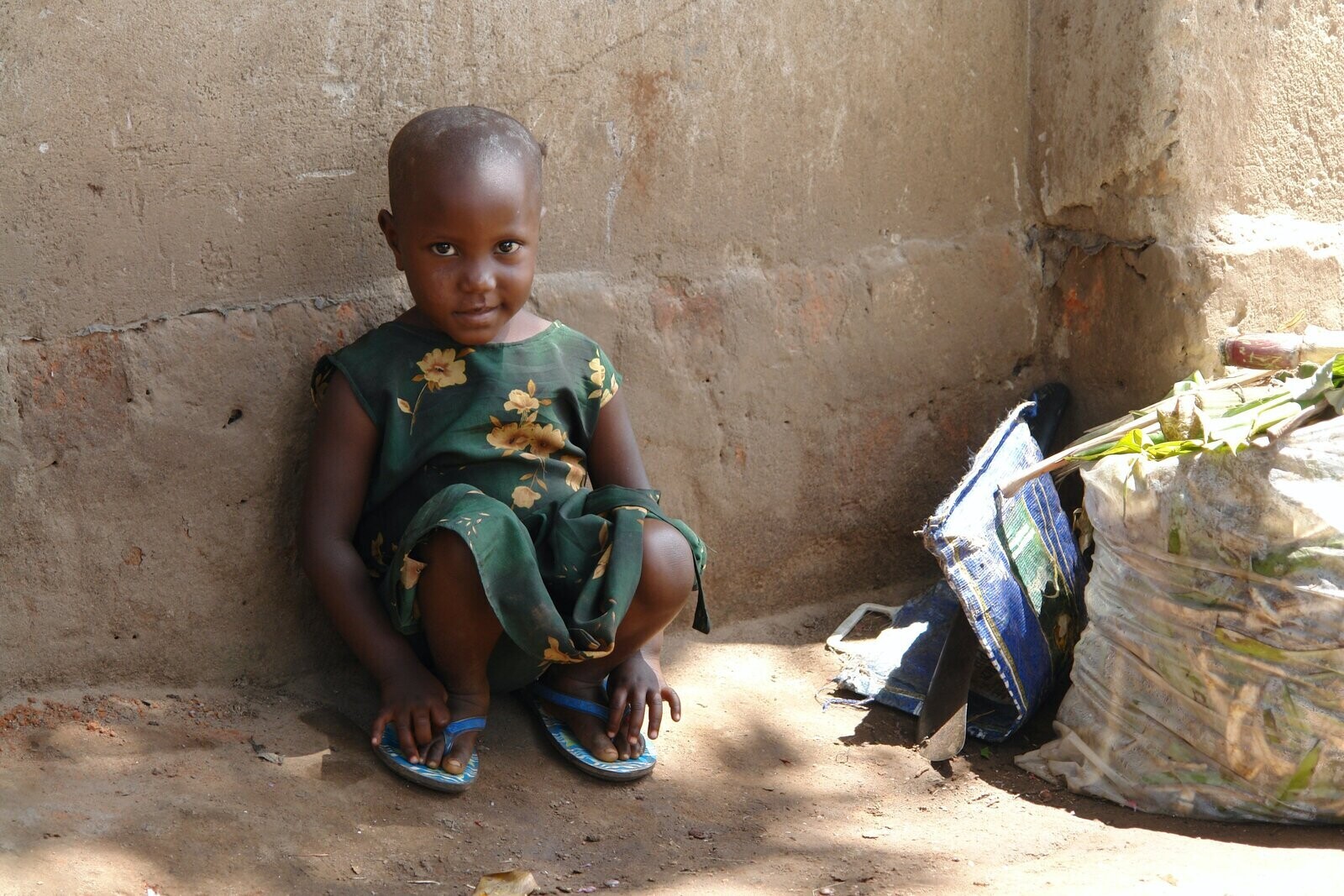The global water crisis is one of the world's most pressing challenges today. As of 2024, over 4.4 billion people worldwide — more than half the global population — lack access to safely managed drinking water at home. Clearly, the need for effective safe water solutions has never been more urgent. Access to clean water is not just a matter of convenience; it is a fundamental human right that impacts health, education, economic opportunity, and equality.
This article explores the importance of clean drinking water in rural communities and examines how clean water projects save lives while promoting holistic development.
The Dangers of Contaminated Water
Contaminated water is a significant global health threat, particularly in rural and underserved communities. How many people lack access to clean water? The World Health Organization (WHO) estimates that approximately 1.7 billion people worldwide rely on drinking water sources contaminated with feces, posing severe health risks. Unsafe drinking water, along with poor sanitation and hygiene, is estimated to cause 505,000 diarrhoeal deaths each year.
The health impacts of consuming contaminated water are extensive and can be life-threatening. Here are some of the most common:
- Cholera: Caused by the bacterium Vibrio cholerae, cholera leads to severe diarrhea and dehydration, spreading through contaminated water and food. This bacterium is estimated to cause between 1.3 and 4 million cases annually.
- Typhoid Fever: Salmonella typhi bacteria cause this potentially fatal illness, transmitted through contaminated water and food, with symptoms including high fever, stomach pain, and headache. The WHO estimates there are about 9 million cases of typhoid fever annually, resulting in approximately 110,000 deaths.
- Giardiasis: This intestinal infection is caused by the parasite Giardia duodenalis. It is one of the most common parasitic diseases worldwide, with an estimated 280 million people infected annually.
- Chemical Contaminants: Exposure to heavy metals such as arsenic, lead, and mercury in contaminated water can lead to various health issues, including skin lesions, cancer, and organ damage.
In rural communities, the risk of consuming contaminated water is often compounded by limited infrastructure, geographic isolation, and economic constraints. Many areas lack the resources to build or maintain water and sanitation systems, and their remoteness can make transporting clean water or equipment difficult. Additionally, the financial burden of purification tools or sanitation upgrades is often out of reach for low-income households. These barriers make it even more urgent to invest in localized, sustainable clean water solutions.
What Clean Water Projects Actually Do
Clean water projects are comprehensive efforts designed to bring safe water systems to underserved communities. These may include drilling wells, installing purification systems, and maintaining drinking water safety through regular testing and oversight. Beyond infrastructure, successful projects also emphasize local training and long-term sustainability.
The Forgotten Children Worldwide (FCW) initiative exemplifies community-led development, where local leadership ensures continued maintenance and community ownership of clean water solutions.
Core components of clean water projects include:
- Infrastructure Development: Building wells, pipelines, and filtration systems.
- Community Training: Teaching locals to operate and maintain water systems.
- Ongoing Monitoring: Ensuring continued water safety through testing and maintenance.
These steps ensure that clean water is not only delivered but sustained.
The Direct Health Benefits of Clean Water
The health benefits of access to clean water are profound. Contaminated sources cause a wide range of health problems, particularly for children, pregnant women, and the elderly. Conversely, clean water systems greatly reduce the incidence of waterborne diseases.
Improved drinking water safety leads to:
- Increased life expectancy
- Lower infant and maternal mortality
- Reduced burden on local healthcare systems
As highlighted in our holistic approach, addressing water-related health issues is a critical foundation for long-term community well-being.
The Broader Impacts: Education, Economy, and Equality
The benefits of clean water access go well beyond health. When communities gain reliable water access, the effects ripple outward into every part of life.
Educational benefits include increased school attendance, especially for girls who would otherwise spend hours collecting water or recovering from illness. Classrooms also benefit from improved hygiene and sanitation.
Economic benefits come from improved public health and time savings, enabling adults to work and children to learn. Healthier communities are more productive and capable of supporting themselves.
Gender equality is also advanced. Women and girls often bear the burden of water collection, limiting their opportunities. Clean water access frees them to pursue education, work, and leadership roles. Research has shown that women play a crucial role in sustainable community development.
Supporting Clean Water Initiatives
Given the wide-reaching impact of clean water projects, supporting these efforts is essential. Organizations like FCW are on the frontlines, delivering community health programs and long-term development through water and sanitation solutions.
By supporting these programs, you help move communities from aid to independence — a transition that ensures sustainability and local empowerment.
How you can help:
- Donate to trusted organizations.
- Share awareness about the importance of clean water access.
- Support sustainable development programs that include water infrastructure.
Clean Water, Lasting Change
The impact of providing clean water access is clear: it saves lives, opens doors to education and economic opportunity, and promotes equality. As we work toward solving the global water crisis, clean water projects in rural communities offer one of the most effective, life-changing interventions available. Through awareness, advocacy, and action, we can help every community thrive.
At Forgotten Children Worldwide, we strive to empower forgotten children in developing nations. Our mission is to protect, empower, love, and repeat. A major part of our work is guiding the vulnerable on the road to meaning and self-sufficiency. One of the ways we do this is through initiatives such as our Kipindi Mpito program, which helps children and adolescents by teaching them critical life skills, offering counseling and mentoring, promoting personal discipleship, providing trade training, and focusing on self-confidence and empowerment.
We also focus on child sponsorship that provides clothing, nutrition, education, medical care, spiritual development, and mentorship to children in need. If you are interested in getting involved, you can learn more about what we do, sponsor a child, or make a donation to support our critical work!
Have Questions? Want to Learn More?
We’re here to answer your questions and guide you in making an impact. Reach out to us today and start your journey with Forgotten Children Worldwide.
Contact Us
